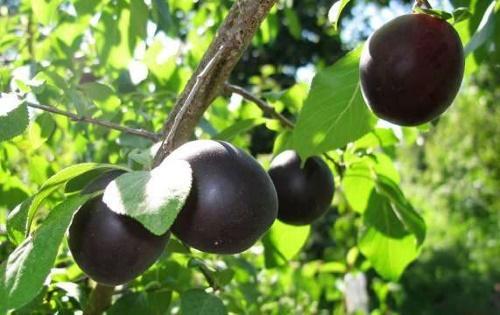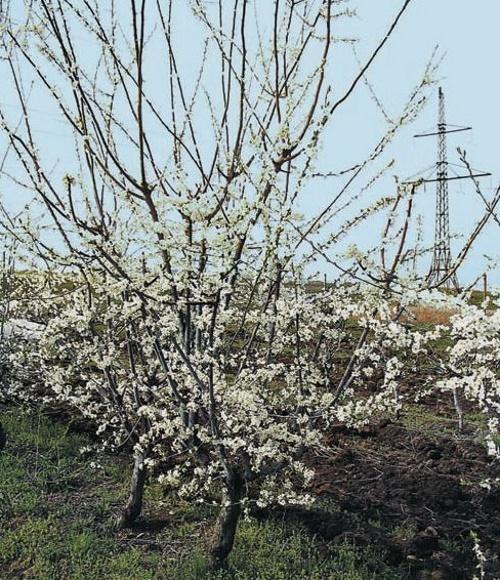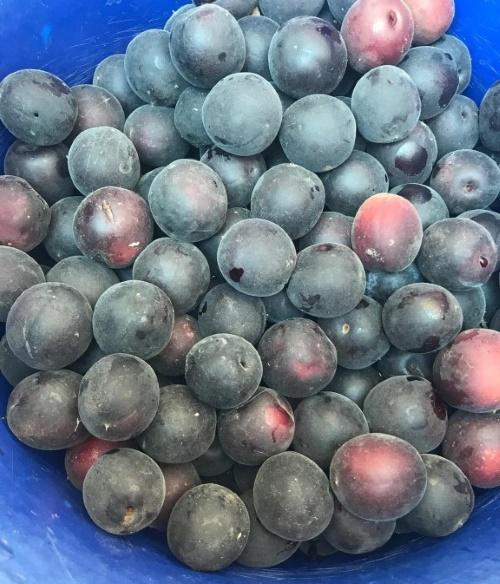Apricot Hummingbird will surprise with black fruits of modest size
 The most common problem for apricot growers is the freezing of flower buds as a result of recurrent frost. Apricot Hummingbird will save you from worries, because this trouble bypasses him. And the compact size will allow you to plant several seedlings, even in modest areas. What is so special about this strain?
The most common problem for apricot growers is the freezing of flower buds as a result of recurrent frost. Apricot Hummingbird will save you from worries, because this trouble bypasses him. And the compact size will allow you to plant several seedlings, even in modest areas. What is so special about this strain?
The Hummingbird has another name - the Little Mouse. Both of them quite accurately characterize this modest variety in terms of tree size and fruit size.
Description of the variety

Among the black apricots, the Hummingbird is one of the smallest. The height of the tree does not exceed 3 m, and at first glance it is no different from the usual apricots for us. The crown is branched, the leaves are characteristic of this plant, the young fruits are green. But when they ripen, purple aromatic apricots hang from the branches, almost smooth. At the same time, the pulp inside is juicy, yellow, sweet and sour.
Apricot Hummingbird: the pros and cons of the variety
 Of the advantages of the variety, it is worth highlighting the following:
Of the advantages of the variety, it is worth highlighting the following:
- flowering occurs with the cherry plum growing in the garden at a time when the spring frosts have already passed;
- it is easier to care for a stunted tree than for its oversized counterparts;
- black apricots do not need pollination and only one tree can be planted;
- have increased resistance to moniliosis, cytosporosis and clasterosporium disease.
The disadvantages of the variety mainly relate to the fruit. There are much fewer of them, besides, the apricots are small - a maximum of 30 g, and the stone is difficult to separate. They also lose in taste: the pulp is more watery, with a sourness and tart note.